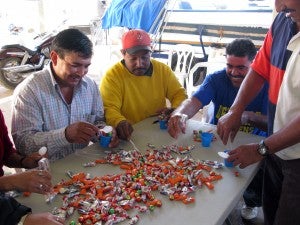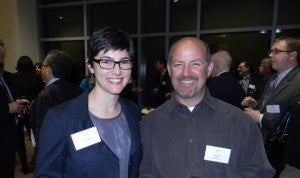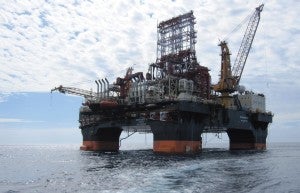Originally posted in Rare Dispatches, Author: J.M. McCord

Fishers in Loreto, Mexico, play Go Fish! with different-colored candy representing juvenile and adult fish
Ulises Mendez, Rare program manager in Mexico, waited for the cackles to subside before asking the fishers what they had learned. The fishers had just completed a candy-grabbing game designed to expose the benefits of good fishery management.
Environmental Defense Fund (EDF) first exposed Mendez to the game during a workshop a couple years ago. Many versions of the game exist involving a variety of props and customizations. The essential elements are:
1 A proxy for the ocean — “In our regional training we did the fishing game in a pool,” says Sarilani Wirawan, Rare senior program manager in Indonesia. “The more water, the more fun.” Typically, a table will do.
2 Fish stand-ins — any material available will suffice, ranging from rocks, peanuts and shells to goldfish cut-outs or action figures, but the most popular option is candy. Mendez used multi-colored candy to represent different types of fish such as juveniles and adults.
3 Some versions also include props for different fishing gear or plates for no-fishing areas. The specifics can be tweaked for relevance to a region’s laws and threats. Read More













